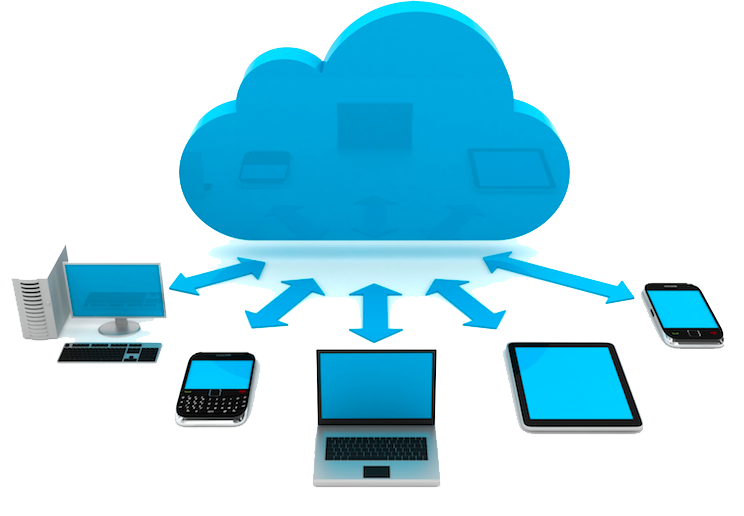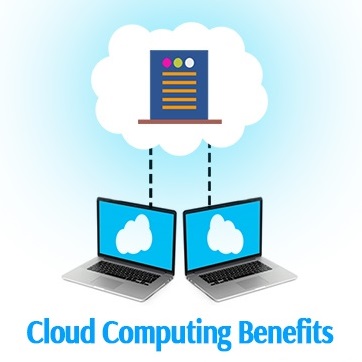Surely you’ve heard about cloud computing. It’s a very popular term in IT industry nowadays. But do you know what it means and how it works? If you want to know what does cloud computing mean – keep reading! Below we will describe the term itself, the models of cloud computing, benefits and ways to implement it for your company. For more information please follow the link https://itsvit.com/services/cloud-computing/.
Cloud computing is a delivery of services and resources via the Internet. Among services can be storage, networks, software, hardware, etc. The most popular cloud computing providers are Google Cloud Platform, Amazon Web Services, Azure, DigitalOcean and others.

There are three service models of cloud computing.
- Software-as-a-Service (SaaS). This model gives you access to the needed software through a thin client like a web or mobile application. This model is also called “on-demand software”.
- Platform-as-a-Service (PaaS). This model gives you access to a cloud infrastructure where you can deploy your code. Usually, the cloud platform includes packs of the instruments for creating, building and testing software.
- Infrastructure-as-a-Service (IaaS). This model provides the ability to use cloud infrastructure from scratch. You might rent only necessary resources (networking, operating systems, virtual machines, etc.) and create a highly-flexible infrastructure.
Clouds can be private, public and hybrid, let’s take a look at each of them.
- Public cloud. This is a model of cloud computing in which resources (virtual machines, storages and others) are available for the wide public. This cloud is usually paid-per-usage and belongs to the cloud provider.
- Private cloud. This model provides resources for one organization. The cloud usually belongs to the company itself or to the third-party cloud services provider.
- Hybrid cloud. This model combines both previous models. You can use a private cloud for storing sensitive data and keep customer-facing software and other resources in the public cloud.
Benefits of cloud computing
Now you understand what is cloud computing in simple terms. But what can you get with cloud computing services?

- Cost-reduction. Without cloud computing, you will need to buy servers and other equipment in-house and hire a specialist who will take care of it. As a result, you will pay for excessive resources. Cloud computing allows you to pay only for what you use and you do not need to buy facilities and hire new employees.
- Scalability. Cloud computing allows you to use as many resources as you need. Any time you have the ability to use more or less necessary resources. Without cloud computing, you will need to buy a new server and configure it, for example.
- Disaster recovery. Cloud computing makes backups easier. If you keep data on the server, you can lose it if the server will be shut down, but cloud computing saves you from cases like this. In the cloud, your data will be safe and you will have access to them always.
- Competitiveness. In the cloud infrastructure, company processes will be more efficient and faster. As a result, your company will more competitive in the global market.
What should you do to implement cloud computing?
You can move to the cloud through two approaches – on your own or with the help of Managed Service Provider (MSP). MSP will accompany you along the way. They help you to choose the model of cloud computing, move your sensitive data to the hybrid or private cloud, build infrastructure for you, deploy software, etc. If you choose a good MSP, you will solve all the possible problems of cloud computing implementation. To find an experienced and reliable MSP, read the reviews and feedback from previous customers. Try to find your future partner in global ratings. In this way, you can be sure for your data and moving to the cloud.
Final thoughts: what is a cloud computing and what are its benefits?
We have described cloud computing services, benefits and implementation methods. Now you know what it is and you can decide whether you need it in your company. Cloud computing can make your processes more flexible and protected. Moving to cloud infrastructure will increase the competitiveness of your company. To make implementation most convenient you should refer to a reliable MSP. Good MSP will move your data to the cloud and provide support after that. Thus, you’ll have the best result.
